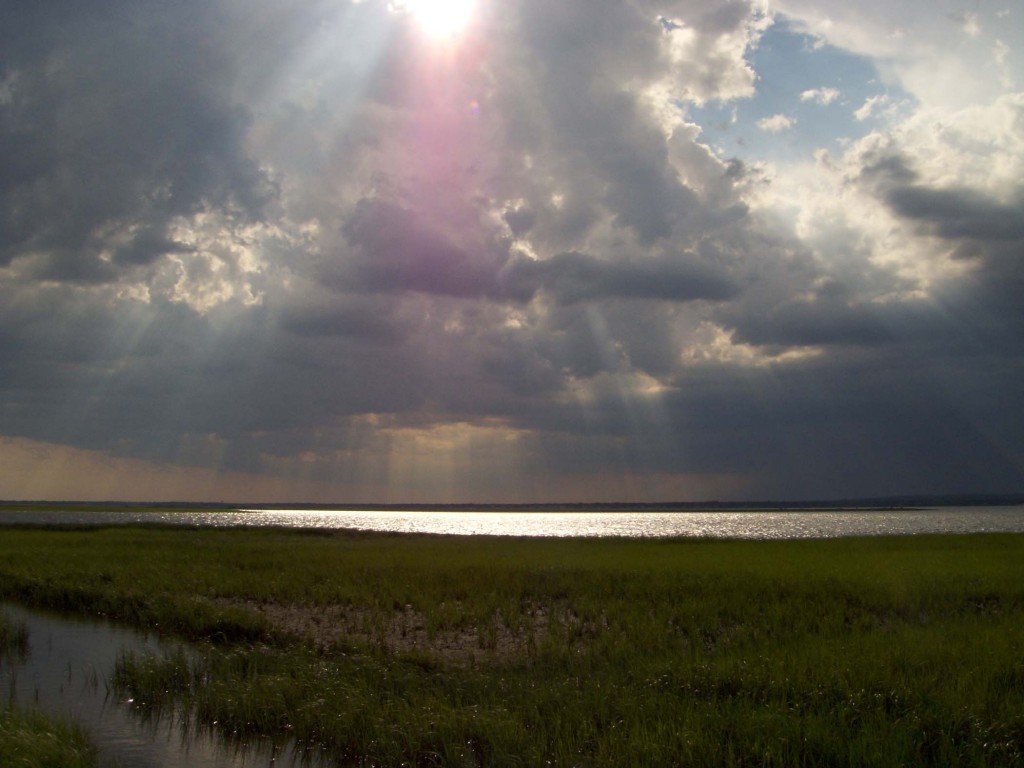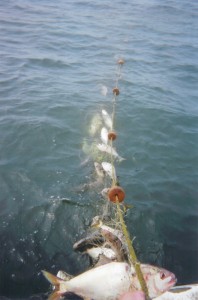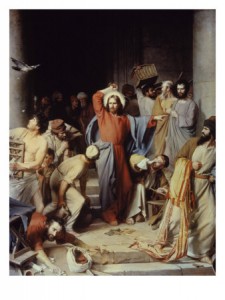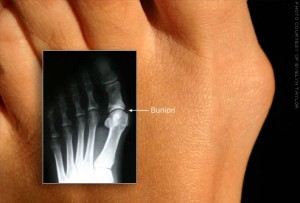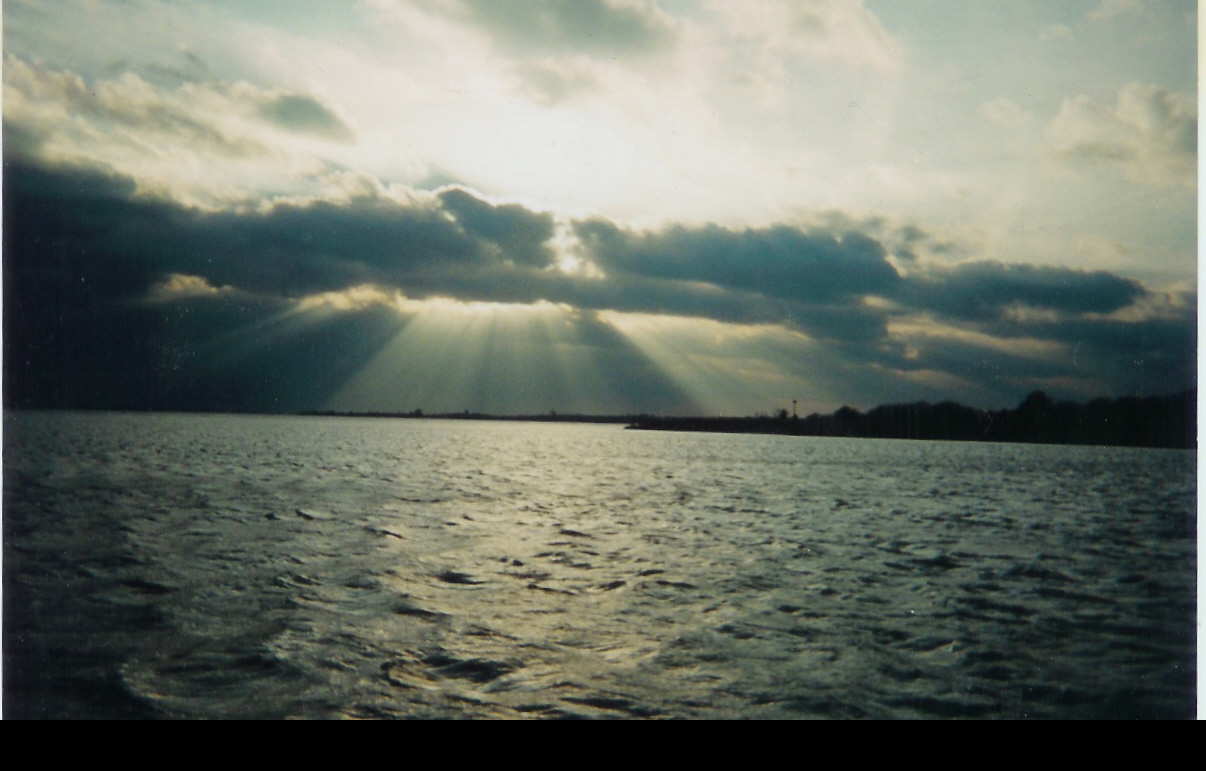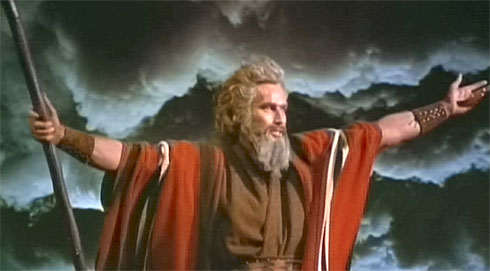
Archeologists searching for evidence of the Exodus as portrayed in the Old Testament have found little to scientifically convince that any such thing took place. What they do find is that the entire region of the 40-year Biblical wanderings of the former Semitic slaves of the Egyptians was comprised of city-states under the influence of that ancient empire at the time. Furthermore, there is ample evidence of revolts in several of these “two-tiered” fiefdoms. This is a geographical as well as political descriptor, since the ruling classes resided on plateaus overlooking the living space of the masses. The thinking is that what is contained in these “historical books” of the Hebrew Torah is a grandly embellished account of a successful one of these revolutions of the lower class.
Without going into all the strife that a dialectic discussion of this theorem would bring, an exploration of it from an existential point of view brings out something about what the most famous and successful Jew of all time taught and eventually has accomplished. I am speaking, of course, of the one world renowned descendant of King David that modern Jews do not normally brag about — i.e., Jesus of Nazareth.
In all of history — even in so-called egalitarian systems of governing peoples and nations — there has been a “two-tiered” system. There’s the privileged, empowered class and then there is everybody else. In the United States this is eminently true – the only thing innovative here is that, in theory, at least — and to a somewhat lesser degree in practice — anyone from the lower tier can ascend to the upper ranks. Jesus could most assuredly take credit for this in that what He brought to the fray at the very beginnings of the rise of Western Civilization is the concept that God Almighty identifies with “everybody else.”
In His Sermon on the Mount Jesus listed the categories on earth in which the Blessed of His Father in heaven reside:
- The poor in spirit [depressed people].
- The meek [those afraid to stand out and be noticed].
- The mournful [those who continually suffer loss].
- Those who hunger and thirst for justice [ people who lose their freedom, position, privileges, family, property, etc. unjustly].
- The merciful [those who do not seek pay back and try to get ahead of their persecutors].
- The clean of heart [those who will not rely on ruthless or harmful behavior for selfish gain and pleasure].
- The peacemakers [those who will not manipulate controversy to their own advantage].
- Those persecuted for justice sake [those who suffer for trying to come to the aid of the lowly].
This is most definitely a lower-tier list. And when you plug into this the fact that the two categories of attitudes and behavior that Jesus did not tolerate — attachment to worldly wealth and the arrogance and self-importance of religious/governmental (the same thing in His day) authorities — it is clear that what He was intending to bring among the peoples of the world was a second-tier revolution. But rather than being one in which the lower-class conspire together to overthrow their down-trodders, it was meant to conquer by attraction — announcing that the only way for upper level people to get to the Heavenly Upper Level is by identifying with and being of real and continuous service to the lowly and needy.
The government that Jesus railed against was the religious authority — but in His day these men were also the local government. The Romans were a brutal invading and occupying force who were a defiled, idolatrous Gentile race according to Hebrew tradition and Biblical teaching. Yet Jesus never spoke out against them, even when He was being “unjustly persecuted” at their hands. He even implied in His response to Roman Governor Pilate that their authority was given them by God.
But the Jewish authorities, who had sole possession of the Scriptures and written traditions of the Prophets, Kings and Patriarchs, were “a brood of vipers,” “scorpions” and “offspring of the devil.” These were they who persecuted the lowly and the meek; it was not the Romans in Jesus’s eyes. There was a movement among the Zionists of ancient Judea against those seen as the Roman unjust judges of an upper tier, but the God of Abraham, Isaac and Jacob was not with these “zealots“, according to the words and actions of Jesus (the Son of God in the eyes of Christians).
His movement was against those who would perpetuate a two-tiered religious system — one in which religious professionals studied Scripture and lived lives of prayer and “sacrifice” in order to gain knowledge of the things of God and decipher them for the lower tier — called the laity, in modern religious circles.
Surprisingly, according to Scripture (and perhaps modern experience) it has not been the upper level religious authorities who have vehemently demanded that there be professional governing bodies to direct the masses of “everybody else” in the ways and the things of God. It has been the unified voice of the lower tier itself.
It wasn’t Moses who wanted to be “The Lawgiver”. The people demanded that he be the liaison between them and God:
“When the people saw the thunder and lightning and heard the trumpet and saw the mountain in smoke, they trembled with fear. They stayed at a distance and said to Moses, ‘Speak to us yourself and we will listen. But do not have God speak to us or we will die.’
Moses said to the people, ‘Do not be afraid. God has come to test you, so that the fear of God will be with you to keep you from sinning.’
The people remained at a distance, while Moses approached the thick darkness where God was.” Ex. 20:18-21
As the story goes*, for 40 years they wandered in the desert, not being able to get with the program as Moses delivered it to them from God. [*I have already pointed out that there is no archeological evidence that there was a decades long wandering of a marauding horde in this region in the era it would have had to have been; but for me it is not necessary for it to be historically accurate — it is the story that matters.] When they finally reached the sought after destination of the “Promised Land” their leader did not declare himself sovereign king and ruler. Instead, “the Lord raised up judges who saved them…”. These judges were prophets and holy men. Early on there was even a woman prophetess named Deborah who led them.
But:
“Whenever the Lord raised up a judge for them, he was with the judge and saved them out of the hands of their enemies as long as the judge lived; for the Lord had compassion on them as they groaned under those who oppressed and afflicted them. But when the judge died, the people returned to ways even more corrupt than those of their fathers, following other gods and serving and worshiping them. They refused to give up their evil practices and stubborn ways.” Judges 2:18-19
Eventually the people demanded that they have a perpetual monarchy to rule them like that of the surrounding Gentile kingdoms. So that’s what they got. And they always had a king — when one died (or was murdered) a successor would immediately replace him. But then the problem became that things went well when they had a good king and badly when they had a bad king — and the latter far outnumbered the former.
What Jesus walked into was a land where “The wages of sin is death; the soul that sinneth it shall die…” was as fundamental to that Judean society as “We hold these truths to be self evident, that all men are created equal …” is to ours. What is “self-evident” from the Gospel accounts is that it was second nature in the culture of Jesus’s Hebrew contemporaries to believe that disease and other misfortunes were brought on by the sinfulness of the sufferers or that of their immediate forbears; they were being cursed by God for bad acts. The whole local governmental system was based on this belief. The money-changing system — which economic historians point to as a precursor to modern monetary policy — was a method that the ruling religious class employed to unjustly enrich themselves by abusing their position as priests in the Biblically prescribed sacrificial system of removing the curse.
It is interesting to note that the only time Jesus actually lost His temper was when he encountered this practice in the Temple. But those who were collecting the Roman tribute tax He warmly welcomed into His fold. These men were persecuted by the society at large, by the way.
A revisit to the Beatitudes now exposes the revolutionary message contained therein. The very people who the entire nation believed to be cursed by God actually populated His Hall of Fame of the Blessed. As a matter of fact, Jesus later taught that if one wants to escape eternal damnation one must be found to be among those who served these blessed abandoned, suffering and downtrodden souls.
To my mind 12-Step groups have it spiritually right — the only “upper tier” we can successfully follow to true freedom of heart and mind is a Higher Power that is the God of Our Understanding. I will never be free by blindly following the decrees of your understanding, nor vice versa:
“”The kingdom of God does not come with your careful observation, nor will people say, ‘Here it is,’ or ‘There it is,’ because the kingdom of God is within you.” Luke 17:20-21
And as far as the bad habits we pick up on our journey, we are not to point them out and step away while the offender takes our instruction to “straighten up and fly right”; we are to get down on our knees and with our bare hands lovingly do what we can to clean that crap off each others feet.
There will be only One Tier in Heaven, it seems. It will be comprised of those who wept together here.

{ 4 comments }

